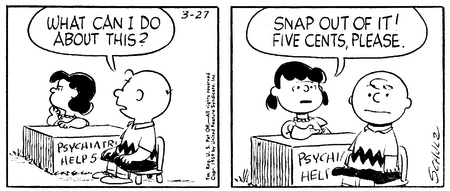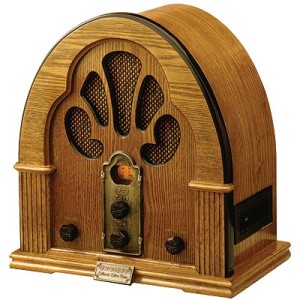By: Chris Warren
I consider myself a reluctant adventurer, meaning, I don’t go looking for challenges but if one is pushed upon me I’ll take it. Sometimes the challenges are mental, other times they’re physical. When I recently got caught completely unprepared for a long hike in the woods and came out of it feeling affirmed and positive albeit beaten and tired, I made the connection between mental and physical challenges and how they complement each other to make us stronger and better.
I was in Fort Smith, Arkansas visiting my active, outdoorsy friends who love taking long hikes in the many hills and mountains of the Ozarks. A day of bad weather finally gave way to sunshine and they invited me to to join them on a hike to the top of Mount Magazine.
Mount Magazine is 2,753 feet straight up and the highest point in Arkansas. My friends had never been there, so this was going to be a totally new experience for all of us. I had no idea what to expect so I stuffed my backpack with a jacket and some bottled water and we were off.
Mere minutes in I realized that this was not going to be a gentle stroll on a nicely groomed, clearly marked trail designed for retiree tourists and grade school field trips. What the map called a “trail” was barely a clearing of very rough, uneven rocks. I thought maybe it would smooth out after a while but it didn’t. It actually got worse.
The mistake of not wearing proper hiking boots became apparent almost immediately. All I brought with me to Arkansas was a pair of light Nike running shoes. I felt every sharp corner of every rock through those thin soles. It was going to be a long day.
It took us over an hour and an half of walking through this very rough inclined terrain to reach the summit of Mount Magazine. I’m glad I had the foresight to bring a jacket because it was cool at the higher elevation. My feet were killing me, and we still had to go back down, but the view and camaraderie with my friends as we pushed ourselves was uplifting.
On the descent the rocks were becoming even more painful on my feet. One of my friends happens to be a doctor and I joked that she might have to refer me to a podiatrist when we get back. After three-plus hours of walking on rocks, half of it uphill, we arrived back at the trailhead where we started.
We plopped on a bench and looked at each other in weary silence. There was a sense of “We did it together. We were given challenges and we beat them.” When I got up to leave, the consequences of my poor choice of shoes reached its peak: Everything below my knees was numb and in pain. I was walking like a ninety year old man! Fortunately, I was not crippled for long. The hour and a half ride back to Fort Smith gave me a chance to stay off my feet and by time we got home I was mostly back to normal. I was surprised and grateful that I recovered from that much pain so quickly.
Later that night when I was laying in bed waiting to drift off to sleep, I was contemplating my exciting day. A hike in the woods is more than just hard physical challenges. Nature is a classroom of philosophy and spirituality and introspection. My takeaways were:
1. With the right mindset, challenges can be overcome. We all must walk over the same rocks but how you approach it determines the outcome. Had I worn the correct hiking boots, the trip would have been far less physically painful, but I kept up with the others and finished because I wanted to. There is an analogy to other life situations: If your progress in work or relationships is difficult and painful, it may be because you have the wrong attitude. The difference between those who succeed and those who fail is usually in their outlook.
2. With the right friends, challenges are easier. I would have never walked that trail alone. And the others probably would not have either. The physical pain of aching feet and the emotional pain life sometimes thrusts upon us is greatly reduced when you have friends to encourage you along.
3. When you succeed in completing challenges as a group, the whole is greater than the sum of its parts. When it was over, every one of us felt bigger than just individuals. And none of us would have felt as good had we done it with random strangers. People who think they can do everything themselves usually get lost in the woods. Having friends matters.
Our day on Mount Magazine was far from a high adventure trek worthy of a North Face commercial, yet it was something we will be talking about years from now, and will probably do again (Note to self: Bring appropriate footwear!). Had we decided to bum around a mall or go to a movie that day, I doubt it would have made much of a lasting impression on me. To really understand the world, one has to get out in it, push one’s limits, and share the challenges with a friend.









